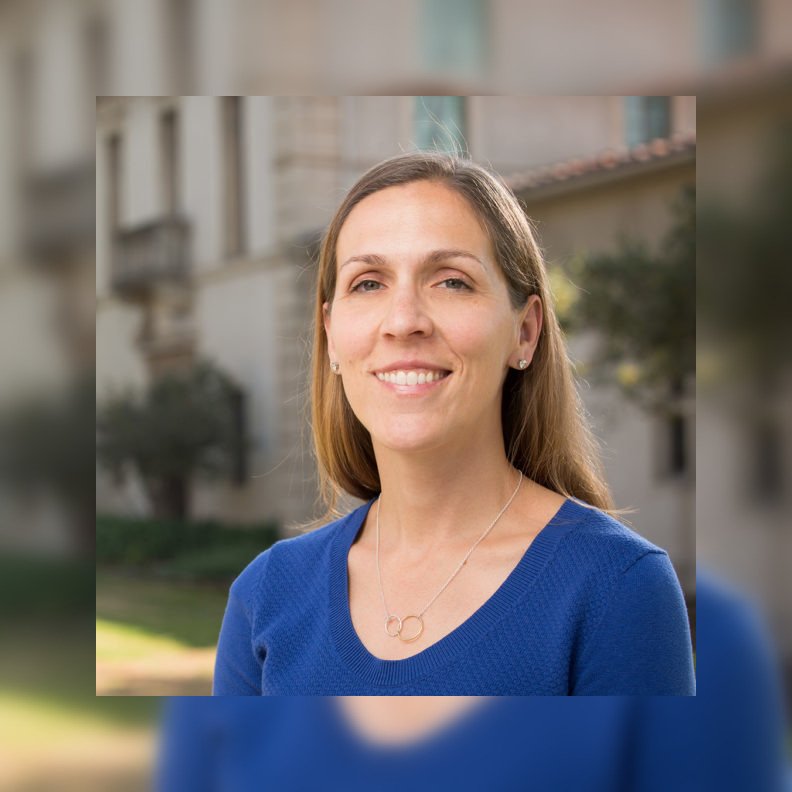DONDENA Seminar Series Spring 2023 - Melissa Rogers

"Vote your Region or your Income? Decomposing Variance in Redistributive Voting"
Abstract:
We examine whether regional economic productivity predicts support for redistributive parties and voting cohesiveness across voters at different income levels. Voters in highly productive "rich'' regions may seek to sustain growth with investments in human capital and consumption, policies advocated by pro-redistribution parties. Less productive "poor'' regions may instead prefer targeted benefits to economic sectors and lower taxation, policies often pushed by parties opposed to traditional redistribution. In a European sample, we find rich and poor people in less productive regions vote significantly more for parties opposed to redistribution than their counterparts in more productive regions. Yet voters may also be cross-pressured, favoring both policies that enhance regional productivity and their pocketbook interests. Using a novel approach to decompose vote variance, we show cross-pressure from voters' incomes and their regions' productivity leads to high variability in rich voters in rich regions and high cohesion among rich voters in poor regions.
Bio:
Melissa Rogers is co-director of the Inequality and Policy Research Center, and an Associate Professor of political science in the Division of Politics & Economics at Claremont Graduate University. She works in the fields of comparative politics, political geography, political economy, Latin American politics, and comparative political institutions. Rogers earned her PhD from the University of California, San Diego, and her BA from Brown University.
Rogers’s specialty is the political economy of inequality. Her research focuses on the territorial incidence of inequality and its effects on national policymaking and the development of the fiscal state. Her first book examined the role of political institutions in shaping distribution of resources to economic classes and geographic regions. She has two new books: Geography, Capacity, and Inequality I: Spatial Inequality and Geography, Capacity, and Inequality II: Redistribution with Cambridge University Press. Rogers has published in the Journal of Politics, Political Analysis, Regional Studies, Political Research Quarterly, Studies in American Political Development, Politics Groups and Identities, Review of International Organizations, and Latin American Research Review, among other top journals.
You may follow the seminar online via ZOOM Meetings at the following link:
